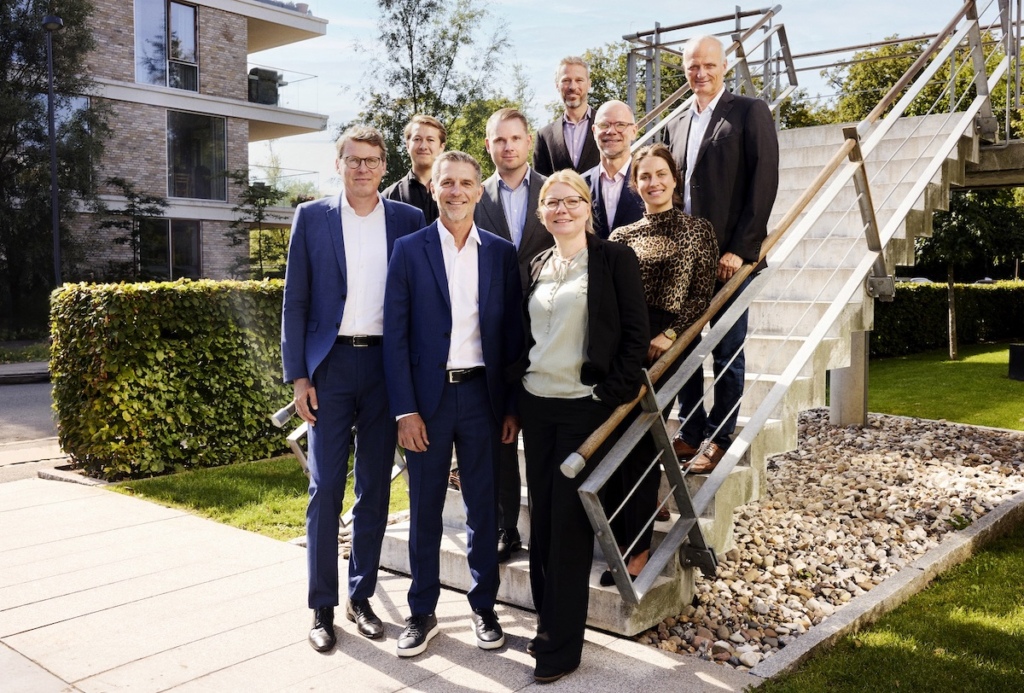
Notify Therapeutics, a biotech company based in Denmark, has raised €5M in funding to advance the development of its innovative non-hormonal fertility treatment. The investment was made by Lundbeckfonden BioCapital and +ND Capital, highlighting their continued commitment to boosting Danish biotech and addressing pressing fertility issues.
Founded from research by Professor Karin Lykke-Hartmann into female infertility, Notify Therapeutics is at the forefront of addressing the growing patient needs in an area marked by a glaring lack of innovation. The company is developing a non-hormonal fertility treatment, particularly for women diagnosed with diminished ovarian reserve (DOR), a condition commonly associated with age and marked by reduced ovarian function.
Notify’s initial studies into the NRF2 protein’s role in egg maturation have exhibited encouraging results in early experiments, including a significant increase in successful pregnancies in rodent studies. The new funds will be channeled to identify the most suitable molecule to advance into clinical phases, thereby getting closer to a treatment that could significantly elevate the chances of conception for countless individuals around the globe.
“More than one in ten couples seek help to have children. Unfortunately, many are unsuccessful despite today’s treatment options,” notes Jacob Falck Hansen, Partner in Lundbeckfonden BioCapital. The fresh funds will go towards the advancement of a treatment that could provide renewed hope for many aspiring parents worldwide. Both Hansen and Klaus Dugi from +ND Capital will join Notify’s board to provide their strategic insight.
Karin Lykke-Hartmann, Founder and CEO of Notify Therapeutics, comments: “We are delighted to have two new strong partners on board who can help accelerate our research into a new hormone-free fertility treatment, which might help women who don’t have the wanted effect of current hormonal treatments. At the same time, we want to thank Aarhus University and BioInnovation Institute for their vital support to help bringing us this far in the development of our new treatment concept.”



